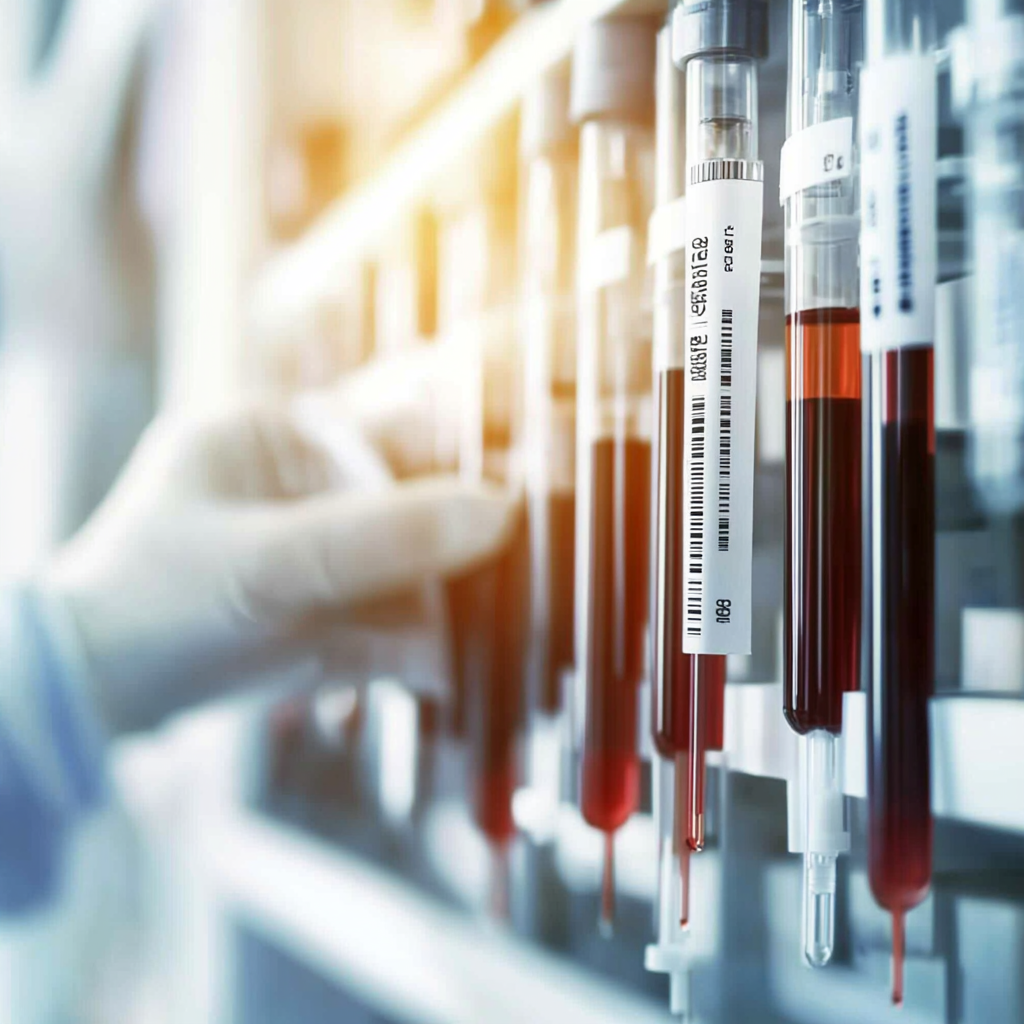Anticancer Res. 2025 Aug;45(8):3327-3339. doi: 10.21873/anticanres.17693.
ABSTRACT
BACKGROUND/AIM: Vitamin D deficiency is a prevalent global health issue, particularly in regions with limited sunlight exposure. This study aimed to evaluate the efficacy of the SOLIUS system in improving serum 25-hydroxyvitamin D (25(OH)D) concentrations in individuals with vitamin D deficiency or insufficiency, and to assess its safety profile.
PATIENTS AND METHODS: This study was conducted with 69 participants, divided into treatment and control groups. The treatment group received ultraviolet B (UVB) exposure from the SOLIUS system, while the control group received sham exposure with blue/purple light. The study included a 5-week titration phase to determine individual UVB sensitivity, followed by a 16-week intervention phase. Serum 25(OH)D concentrations were measured at baseline and at multiple time points using liquid chromatography with tandem mass spectrometry.
RESULTS: The treatment group showed a significant increase in serum 25(OH)D concentrations, with an average increase of 10.2 ng/ml from week 1 to week 21 (p<0.01), compared to a decrease of 2.3 ng/ml in the control group. Significant predictors of 25(OH)D concentration changes included UV exposure (p<0.01) and baseline 25(OH)D concentrations (p=0.01). The SOLIUS system was well-tolerated, with no serious adverse events reported, although 52% of participants experienced minor adverse events such as redness and itchiness.
CONCLUSION: The SOLIUS system effectively increased 25(OH)D concentrations in individuals with vitamin D deficiency or insufficiency, offering a safe solution for improving vitamin D status. These findings have significant implications for public health, particularly for individuals with limited sun exposure or malabsorption issues.
PMID:40750396 | DOI:10.21873/anticanres.17693
